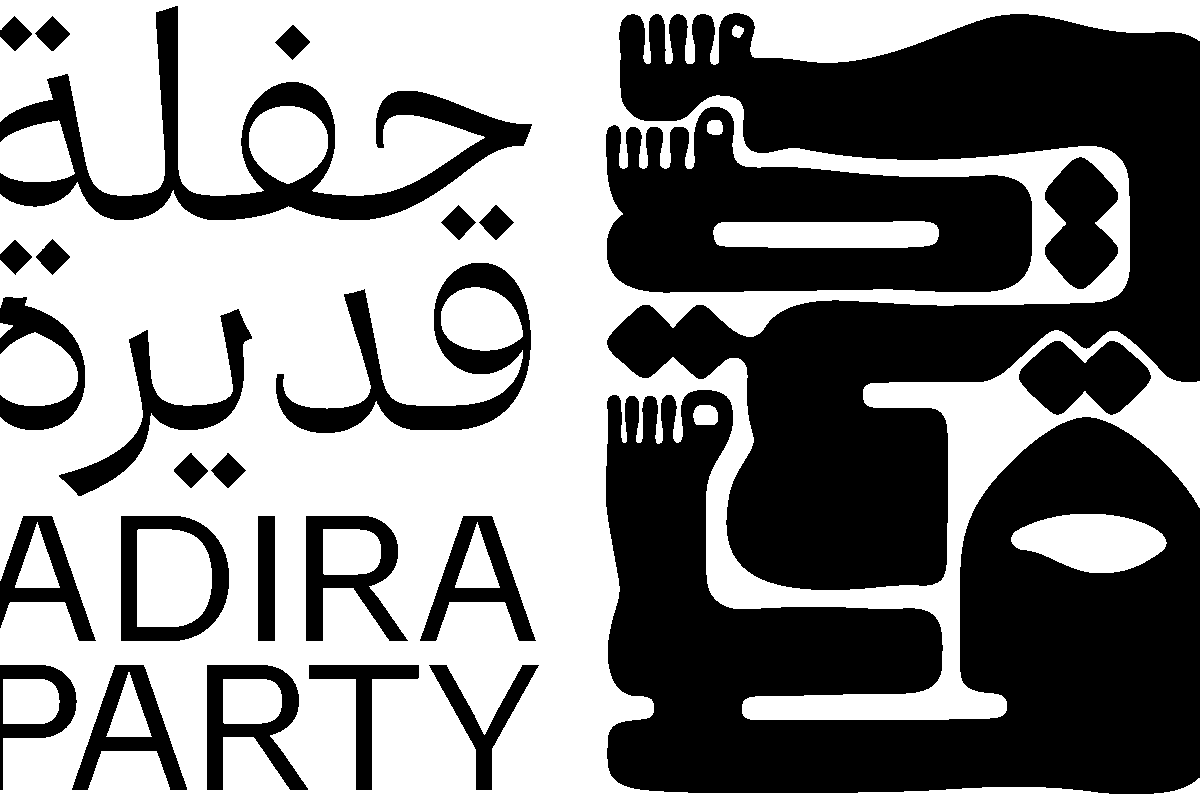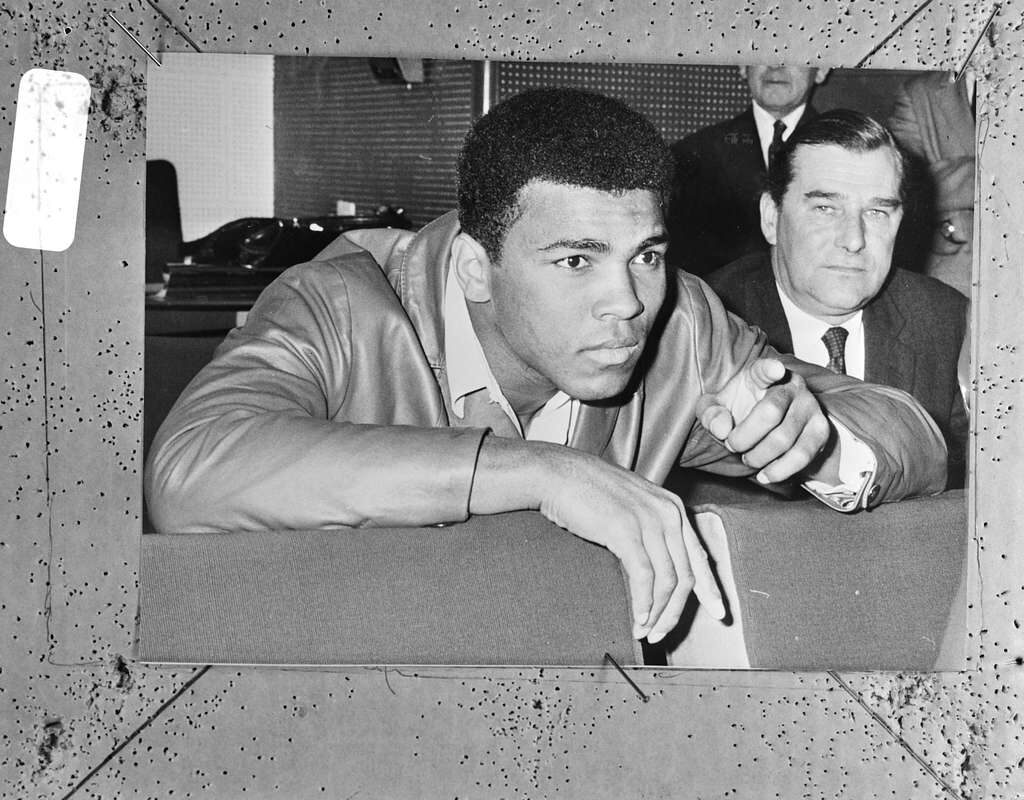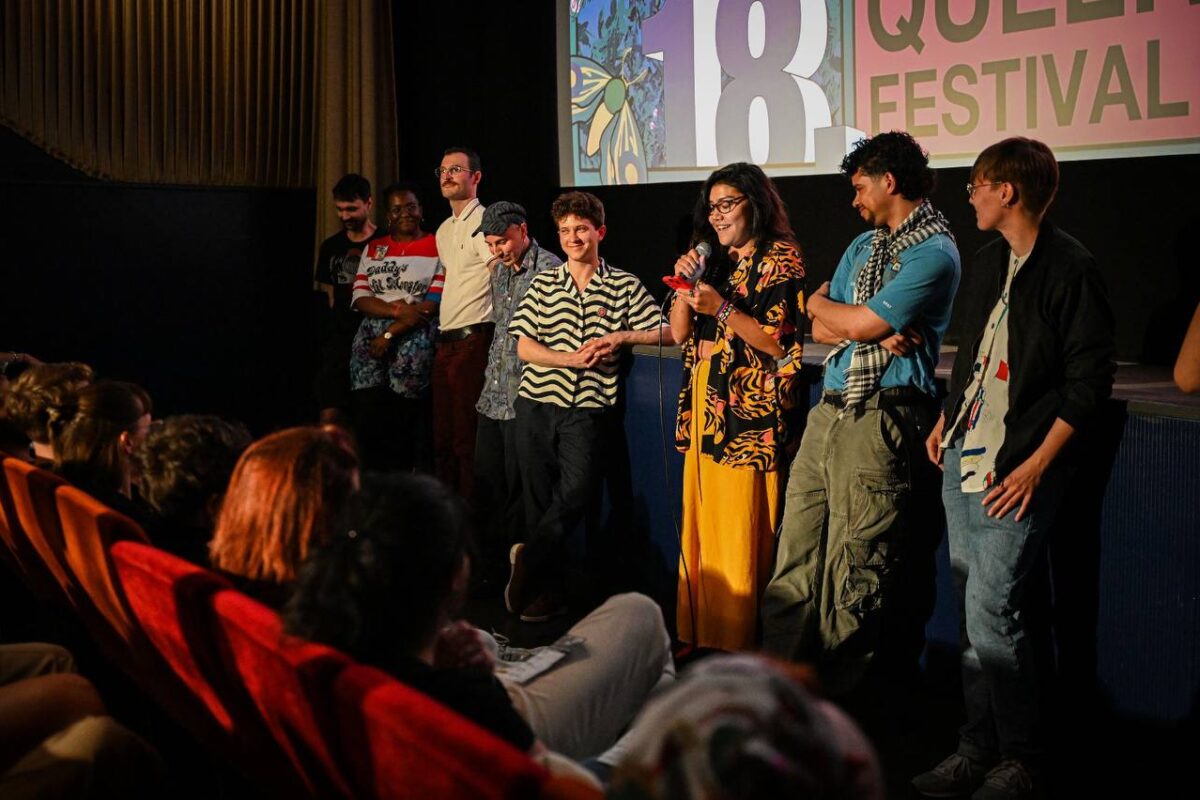The red curtains part dramatically to reveal a surfer shirt and tight red pants. The person sporting them strikes a pose.
“What a behind!” and “I could go surfing on that!”, ring out from the seats in front of the dressing room, as the onlookers appraise the new outfit of their friend, Az.
Az has just been broken up with, so of course he needs a makeover. His friends Raphaël, Ahmed, Kalidou and Lila are of course there to help. The scene, like many others in Fragile, a film by French-Algerian director Emma Benestan, takes traditional gender roles and turns them on their heads. It’s not uncommon to see a film that confronts gender norms, but it is uncommon to see one that does it this well.
Fragile distances itself from other films dealing with similar themes by incorporating questions of identity and behavior in subtle ways. Too often, movies that attempt to engage with these topics end up relying on stale narratives that seem to scream ‘Men can be sensitive too!’ through the inclusion of a character, or characters, that act more ‘feminine’, while the rest of the cast exhibits more normative behavior. Instead, each character in Fragile is dealing, individually and together, with the meaning of their own fragility. They engage the audience in a unique way that dives into societal issues tackled through believable situations, and portrayed by a group of friends you could meet down your block.
That group dynamic is one aspect that carries the film through the familiar ups and downs of a romantic comedy. In one of the first scenes, Az proposes to his girlfriend Jess by placing a wedding ring in an oyster (which she subsequently chokes on). Everything in the scene is set up so Jess’ answer doesn’t surprise the audience. She was late, seems flustered and distracted, and doesn’t notice how nervous and attentive Az is being.
The issue of class and wealth also adds an additional layer of fragility to the characters… The divide is accepted by the characters and not overstated in the dialogue, but it adds a visible undercurrent to peoples’ interactions with each other.
From the subsequent scenes, it’s clear where the movie is going. It follows a classic romantic comedy plot set in the coastal city of Sète, France; the audience is taken from a breakup all the way through to the realization that true love was right there all along. The film, however, remains anything but boring. Even in the scenes where the audience can sense the betrayals that are about to occur, the spot-on comedic timing in the conversations between the characters turns the narrative into something fresh and new.
Another aspect, naturally, is the title theme of the movie – that of fragility. The character most obviously dealing with it is Az, as he navigates the emotional rollercoaster of love and loss. Throughout, those around him are nearly constantly poking fun at the various trials he’s going through, but doing so in a way that shows that they care deeply about him. This is most obvious in Az’s all-female family, who seem to humor Az, while also telling him that men are the worst.
In fact, most of the male characters are working within the same framework – that of women degrading them for their macho behavior, even when they didn’t do anything. It’s perhaps most interesting in how the dynamic plays out between Raphaël, Ahmed, and Kalidou, the other men in the friend group. They simultaneously all have their, often hilarious, macho moments, but also show their sensitive sides. This is especially apparent when Lila, the only woman amongst them, has something to say.
Lila is also dealing with her own fragility, which the audience never gets a full picture of. She hints at a life in Paris, and a story of heartbreak, but doesn’t go into too many details. Throughout the film she’s clearly still healing from a recent emotional wound, and it gives her character a maturity that the others in the group don’t have. Though she’s not the main character, her story could have been fleshed out further. At times it felt as if her motivations weren’t entirely believable – she puts herself in very vulnerable positions in exchange for some, admittedly delicious-looking, sweets.
Of course that’s not all she was motivated by, but knowing a bit more about her would have added to her dynamic with the friend group, with Az, and with Az’s family. Lila also repeats the mantra that men are the worst throughout the movie, yet still ends up doing the bulk of the emotional labor. It’s a situation immediately recognizable to many womxn*, and it would have been good to see more of that reflected in Lila’s character.
The issue of class and wealth also adds an additional layer of fragility to the characters, as something that nearly everyone is collectively dealing with, but is rarely mentioned. There’s a clear divide in Sète between the life that Az’s friends and family live, and that of the wealthier residents. Jess, Az’s love interest from the beginning of the film, has joined their ranks by landing a role in a (hilariously portrayed) crime TV show. The divide is accepted by the characters and not overstated in the dialogue, but it adds a visible undercurrent to peoples’ interactions with each other. Like with many of the gender themes, the audience is shown, rather than told, how the different societal strata impact the characters’ lives.
These intertwining and interlocking themes make this film one for a wide audience. It’s cheesy, but not lame, complex, but not complicated. It’s also hilarious, and holds space for people of any gender to identify with the characters and their fragility.
Fragile is playing at Filmrauchpalast and b-ware! Ladenkino. But be warned: just because you’re seeing a feminist film doesn’t mean the line for the women’s bathroom will be any shorter.




